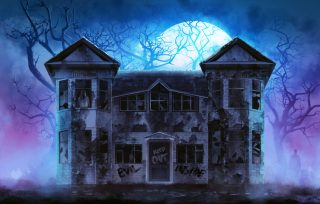How would you go about selling a home with a scandalous past? Do you have to tell prospective buyers about a home’s regrettable history even if it has no connection to the building’s structural integrity?

Just how much do you have to say, if anything?
Bizarre as it may seem, this issue has already been addressed by an Australian court.
In 2004, a NSW teenager named Sef Gonzales murdered his entire family with a baseball bat. The family home was put on sale. The intending buyers did not learn of the murders until after the contract was signed. They refused to settle. Eventually the house sold to different buyers for 10% less than the originally agreed price.
The agent was disciplined by the NSW Office of Fair Trading for contravening the rules require agents to act ‘honestly, fairly and professionally’ with all parties.
Similar provisions exist in Queensland so it is very likely that a similar result would occur here.
Silence may also amount to misleading or deceptive conduct under the Australian Consumer Law.
The Australian case law is slim, but American cases indicate that, in a Gonzales-like context, an agent’s failure to warn a buyer about psychologically “tainted” property would be grounds to crash the contract.
Such “emotional defects” or “character flaws” really relate to superstition or emotion and this type of “defect” can indeed be covered in a contract special condition that could even go so far as specifying that the buyer waives any perceived a need to be told of the features of the “emotional” features of the property. Be aware though that ant such waiver must be “informed” so that either way you can’t escape spilling the beans on what you know.





